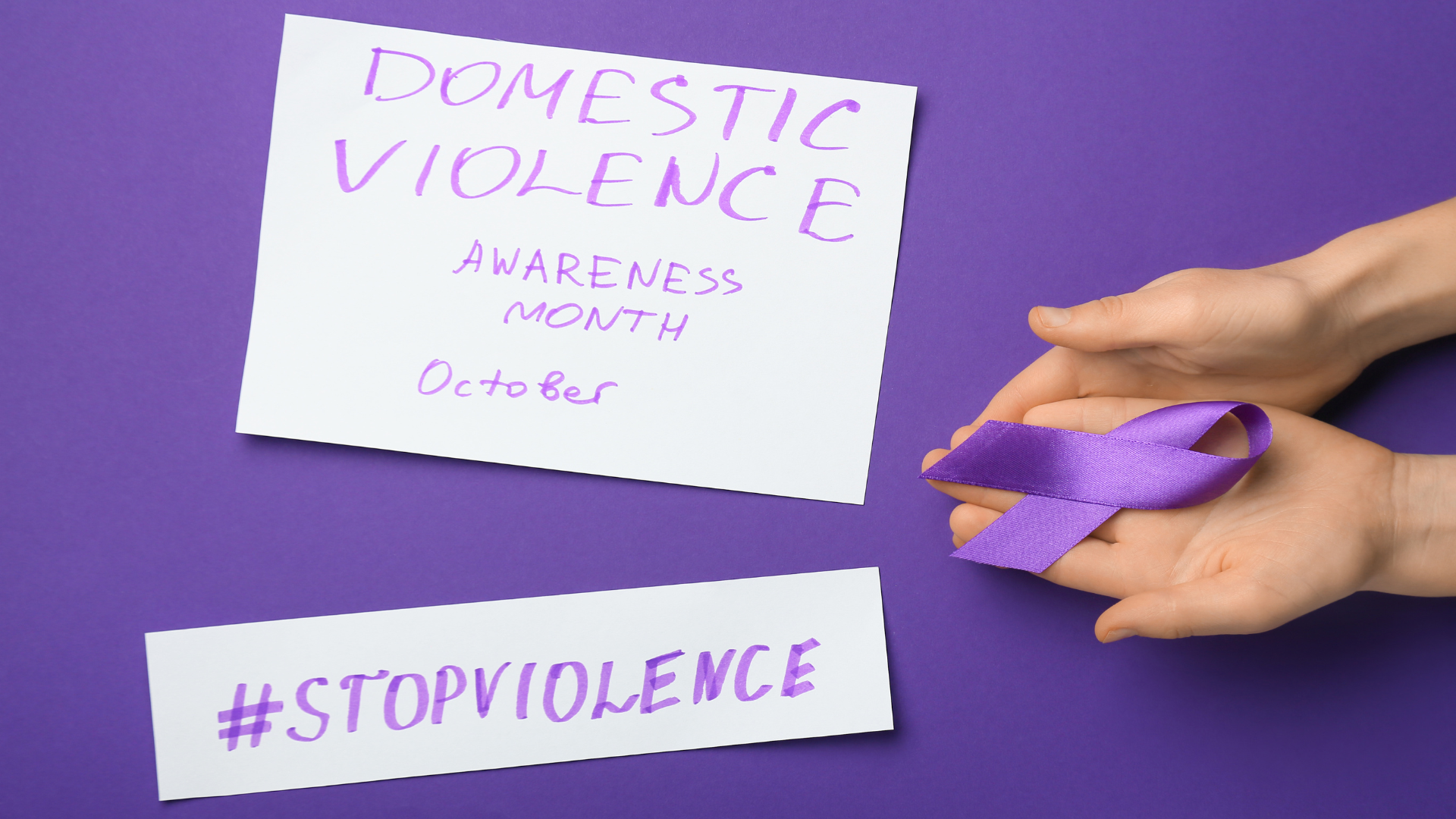Two recent experiences, both with my 12-year-old old daughter, have validated two lessons I’ve intentionally been teaching her: Trust your gut and don’t let fear take you out of the moment. I want to share both with you and am curious if you can relate or would agree with my conclusions
In the first incident, she and I were walking into the library just after Christmas and passed a gentleman sitting on a bench outside. As usual, I spoke a pleasantry when we walked by because we made eye contact — and I wanted to return what appeared to be kindness. He had on a bright green/yellow florescent sweatshirt, so you couldn’t not notice him. As we made our way around the library, I saw he was now inside and kept walking by. Everywhere we went –upstairs and downstairs — he would pass by.
My daughter noticed, too, and was starting to question why he seemed to be following us, especially when we were looking in the kids’ section. Why would he have interest in the kids’ section? Now she was tracking him and noticing his behavior. She said he acted like he was going in the bathroom as we were walking by, but only held the door open with his foot and once we were past him, let it go. He didn’t actually go in. We grew further aware of his unusual behavior. As it was time for us to leave the kids’ section, downstairs, he was walking slowing up the stairs we needed to use, “talking” on his phone. My daughter was nervous to walk by him, so we went to the restroom to give him time to get to the top. When we came out, we immediately left and he was far enough ahead of us we didn’t have to interact again.
The second incident happened New Year’s Eve, four days later, when we were waiting to be seated for dinner for an 11 p.m. reservation. As we stood in the vestibule of the restaurant, two grown men stormed out the door and proceeded to get into a face-to- face shouting match: grabbing collars, shoving, etc. One was clearly drunk, and the other was extremely amped up, mad as a hell and a big dude. As we watched, from inside, this conflict escalated, and my 12-year-old old starting asking for someone to take her to the bathroom. After dismissing her a couple of times, because I was watching this situation, I finally took her.
When we came out, the drunk man was lying flat out on the pavement. He’d been knocked out cold. I’m not going to lie; I was a little miffed that I hadn’t been there to see what happened. I think, stupidly, I was hoping I could have prevented it. By doing what, who knows? I likely would have been the target had I even tried, given the obvious rage involved in this altercation.
Unfortunately, both of these instances are situations that happen on a semi-regular basis. Knowing what to do and not to do –i.e. panic — is an important life skill. I’m proud of my 12-year-old’s response in both situations. At the library, she noticed. She was aware of what was going on around her, which allowed her to keep space between her and what was making her uncomfortable. That space and awareness allowed her to be in control of the situation and think about her options (e.g., go to the bathroom to give him time to move on). When we got in the car, she basically played back all the times she noticed him and his behavior while we were in library. She was plugged in even more than I realized.
As for the situation at the restaurant, she later admitted she didn’t actually have to use the bathroom. She said she just wanted to get away from those men because she was afraid one was going to pull a gun out. She trusted her gut that the situation was escalating, and she needed to get out of there.
Why am I so proud of her? Her response in each case proves to me that she knows when to trust her gut. That gives me comfort as a parent. I know that when I’m not with her, she has the foundational knowledge, confidence and tools to make a decision that could keep her safe.
Because of my work and interest in personal safety, I have raised my kids being very open and honest about threats, dangers and vulnerabilities around them. We have direct conversations about stories in the news, and I use those as teachable moments. I run scenarios, in a bit of a gamified way, when at theaters, restaurants, church, of “what would you do if?”… . Or I have conversations and put context around why would you or would not do this or not do this around certain situations. In fact, my 12-year-old and I had that very conversation after the library incident. She basically debriefed me and explained why it was odd that a grown man was in the kids’ section with no kids with him, and regardless of where we went, he showed up.
I’ve been at odds with other parents over the years, because some don’t agree with “scaring” kids with conversations that deal with potentially dangerous and unpleasant things. But I’ve said it before and I’ll say it again: I’d rather have my kids a little afraid than a lot dead.






